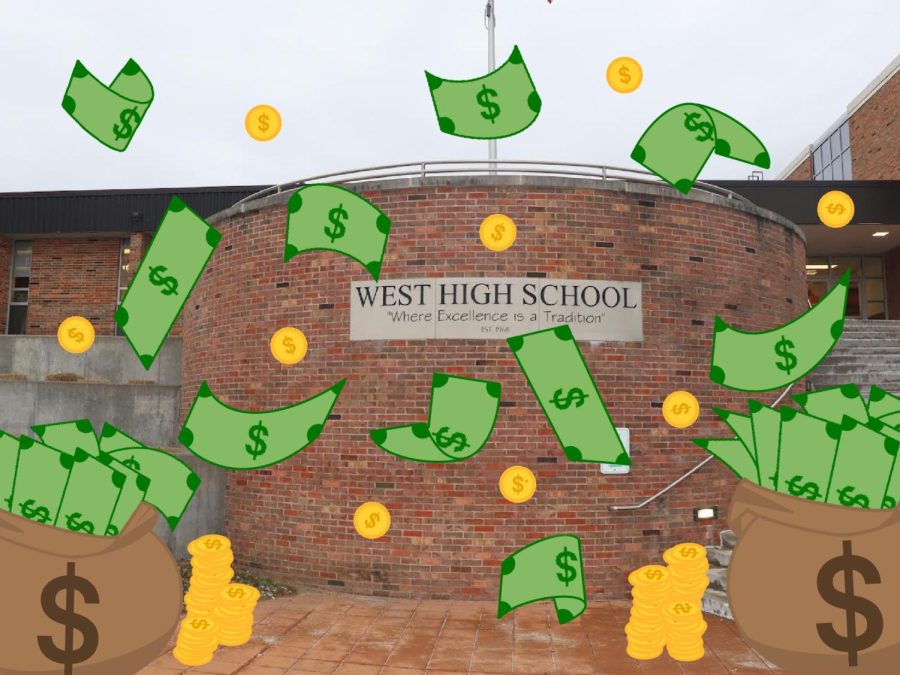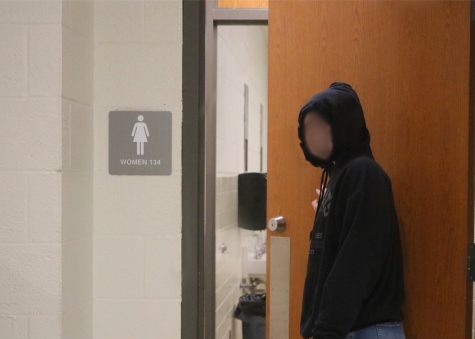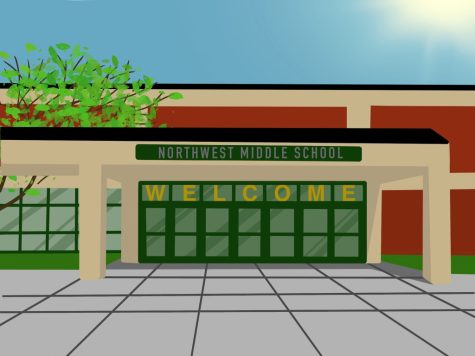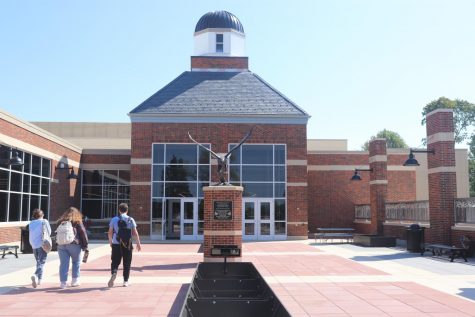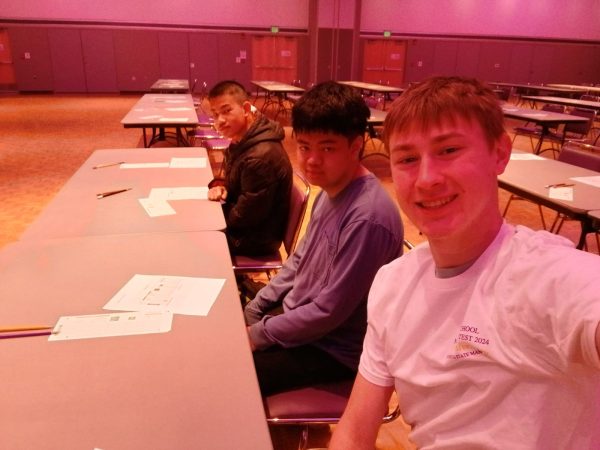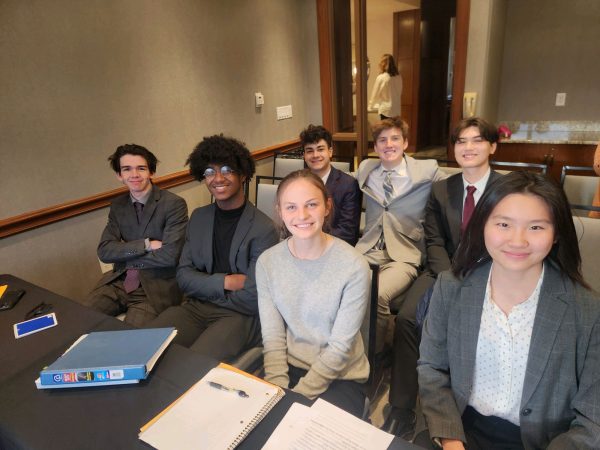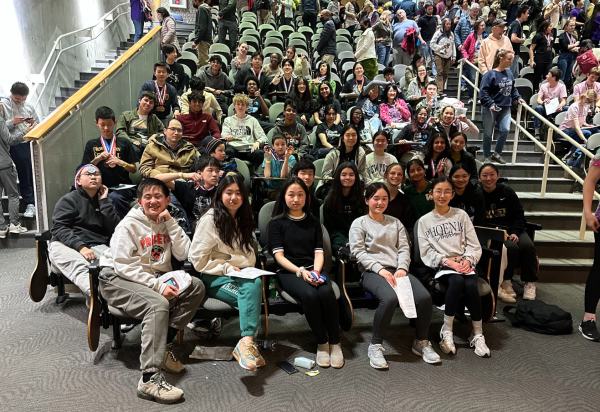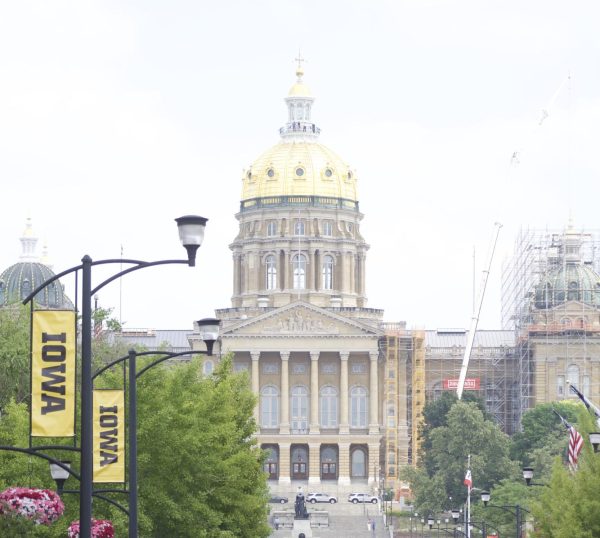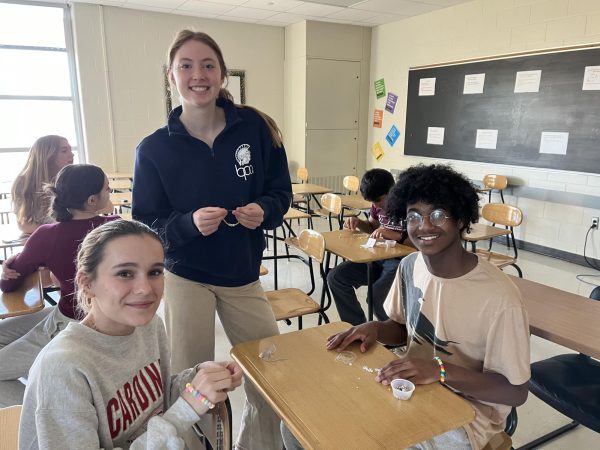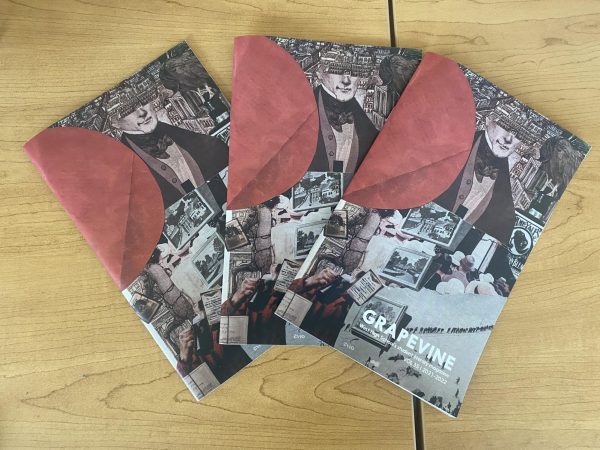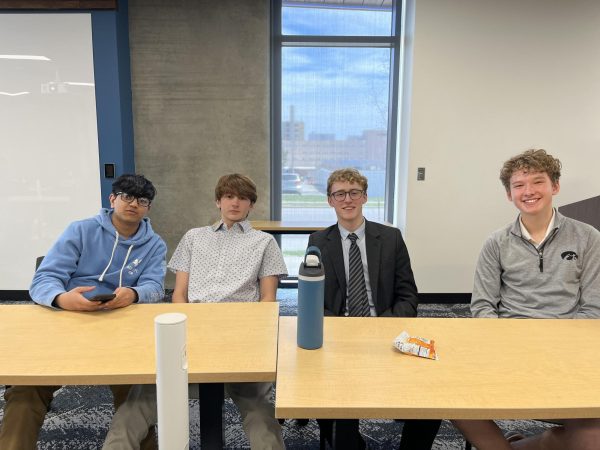School budget breakdown
A look into how much funding our school receives and how it spends this money.
Lee Corlette and Vivian Polgreen
The ICCSD receives millions of dollars each year to pay for food, building renovations, student activities, and much more
Running a school is expensive. A district has to pay teachers, custodians and other staff members. In addition, a myriad of different activities, such as sports teams, clubs, music and everything in between, have to be funded. While many of these groups have to raise some money themselves, they also receive some money from the school. Where does this money come from, and where does it go?
Public schools receive most of their funding in two ways: property taxes and grants. Everyone who owns land or real estate has to pay property taxes. The more this real estate or property is worth, the higher they have to pay in taxes. This is why wealthier areas tend to have more well-funded schools. In addition to funding public education, taxes also support local healthcare, government and other community organizations. The state’s government determines exactly how much tax money is received by schools, based on the school’s student population.
“At the beginning of every school year, we have to send a certified enrollment to the state. Certified enrollment is how they determine how much money we get. It’s really important that we have everybody registered who’s in school. We don’t just want to be on your case about attendance, because of how many students we have registered and enrolled at our school is how we figure out how much money we get to start the school year with,” said Brooke Overholt, principal secretary.
We don’t just want to be on your case about attendance, because of how many students we have registered and enrolled at our school is how we figure out how much money we get to start the school year with
— Brooke Overholt
However, the money that our district gets from the state is determined on a year-by-year basis. How the ICCSD spends the money they receive will affect the amount of funds they will receive in the future.
“Let’s say that the district gave us $100,000. That’s just a random number. If we use all of those funds, they’ll look to give us $100,000 the next year, but if we weren’t, let’s say we only spent $50,000. Then they’ll look to see if there are other schools who need more money and they’ll take our overage…it’s a use it or lose it kind of thing. At the end of the school year, district funds are done. We try to spend that money on stuff with you guys,” Overholt said.
Then they’ll look to see if there are other schools who need more money and they’ll take our overage…it’s a use it or lose it kind of thing. At the end of the school year, district funds are done. We try to spend that money on stuff with you guys
— Brooke Overholt
Schools can also receive money from grants from the federal government. There are many different kinds of grants, many of which require the money they give to be spent in a specific way. For example, there are grants given specifically to aid low-income communities, to expand English programs in areas with many non-native English speakers and others that help students with disabilities.
Another source of income at schools is fundraising. This includes the money that is made from selling tickets for prom, performances, and sporting events. The money raised through these fundraisers supports student activities like music, theater and sports.
That is where schools’ funding comes from, but where is it spent? A lot of the school’s money is spent on construction and repairs. West High will soon be receiving a renovation, where the school will receive a new entryway, office, band and orchestra rooms and many other exciting improvements. This renovation will also cost the school just under $18 million dollars. In addition to the construction we will be getting at West, there are many other projects and renovations happening across the district, to repair roofs at several buildings, improve the Wickham Elementary School program and to transition Northwest from a junior high to a middle school.
Another portion of the budget goes to funding activities. The administration tries to be as balanced as possible and give all clubs the budget they need.
“I think some school activities are underfunded as compared to sports. It’s very normalized. UNICEF isn’t as well funded as I hoped it would be. I do understand because UNICEF is a club based on raising money and donating it, so it also doesn’t make that much sense to put money in it. I do wish that we had more funds to put into clubs like Science Olympiad so you can at least enter competitions and everyone can compete,” said Ashley Seo ’23, leader of UNICEF club.
Jayden Shin ’23, student council president, gives some of his thoughts on budgeting overall.
“I think teacher pay and benefits is something that’s under prioritized. Teachers are neglected under the government because they aren’t compensated properly,” Shin said. “Fine Arts, like music programs, are being cut. That should have more resources. For West in particular, I think we do an okay job with starting clubs. There could be some more action that the school does in their budget to help these clubs. I’m not saying that they’re doing anything wrong right now, it’s just that they can always do more in terms of club funding.”
Your donation will support the student journalists of West High School. Your contribution will allow us to purchase Scholarship Yearbooks, newsroom equipment and cover our annual website hosting costs.
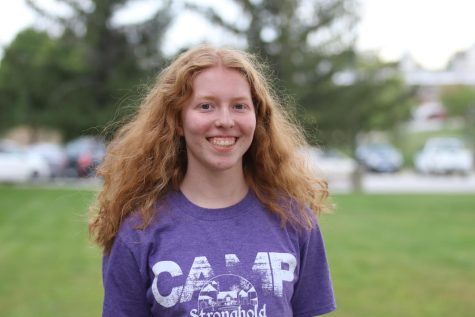
(she/her) Vivian Polgreen is a senior at West and it is her third year working on staff. She is the news editor and co-managing editor for the online publication....
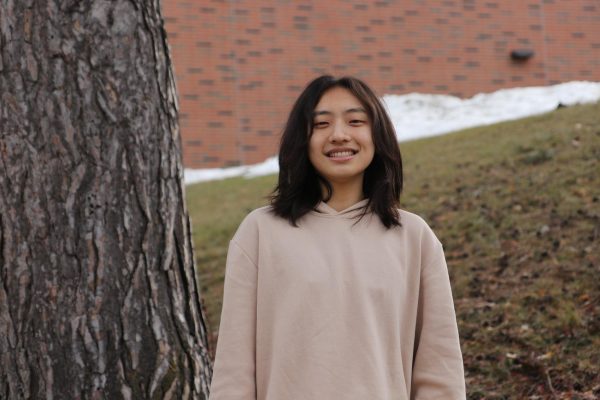
(she/her) Abby is a junior at West and this is her second year on staff. She is the Video Editor for the WSS. In her free time, she likes to hang out with...


